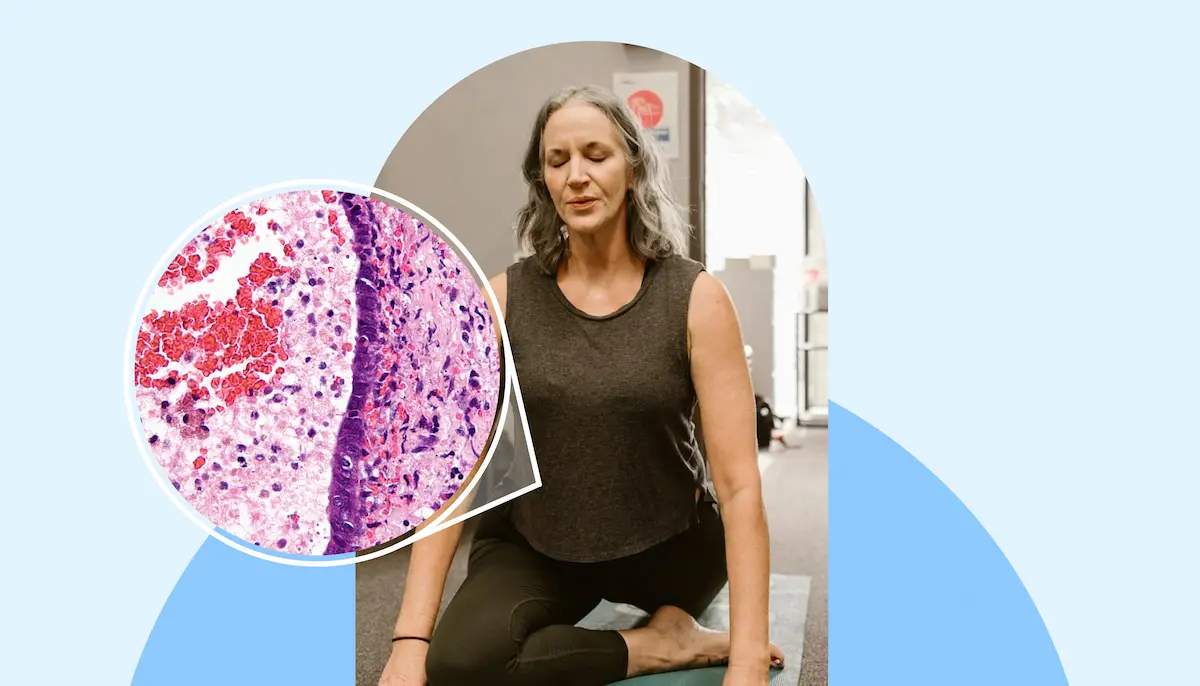All posts
Understanding Endometriosis: A Primary Care Perspective

Pinchieh Chiang, DO
Mar 19, 2024
6 min

As we observe National Endometriosis Awareness Month, it’s crucial to bring attention to this often misunderstood and underdiagnosed condition. Endometriosis, a disorder in which tissue similar to the lining inside the uterus (the endometrium) starts to grow outside the uterus, affects an estimated 1 in 10 women during their reproductive years. As primary care providers, we play a pivotal role in the early identification and management of this condition.
Endometriosis can present with a variety of symptoms, the most common being pelvic pain, especially associated with menstruation. However, its presentation can be highly variable, and symptoms like chronic lower back pain, intestinal symptoms, and even infertility might be clues pointing towards this condition. This variability often leads to significant delays in diagnosis, with many women experiencing symptoms for years before receiving a proper diagnosis.
In primary care settings, our approach to suspected endometriosis involves a thorough patient history and physical examination. Endometriosis tends to run in families, so it is important that we inquire about family history. We may recommend imaging tests like ultrasound or MRI to aid in the diagnosis. However, it’s important to note that a definitive diagnosis often requires laparoscopic surgery, which is out of the scope of primary care.
Our role extends to managing initial symptoms and coordinating care with specialists, such as gynecologists. Treatment may include pain relief medications, hormonal therapies, and, in some cases, surgery. The main focus is providing supportive care, some of which can be started before a definitive diagnosis is established. It’s important to understand the significant impact endometriosis can have on a woman’s quality of life, including her mental health.
This National Endometriosis Awareness Month, let us, as primary care providers, commit to improving our understanding of endometriosis, enhancing our diagnostic acumen, and providing empathetic, comprehensive care to our patients. Early recognition and management can make a substantial difference in the lives of many women suffering from this challenging condition.
Circle Medical Providers must meet all of the following standards:
-
Exceptionally qualified in their field
-
Board-certified
-
Deeply empathetic for patients
-
Follows evidence-based care guidelines
-
Embracing of diverse patient backgrounds
-
Impeccable record of previous care
400+ Primary Care Providers.
100% Confidence.
No matter which Provider you choose, you will be seen by a clinician who cares deeply about your health and wants to help you live your happiest, healthiest life.
Circle Medical Providers are held to an exceptionally high standard of compassionate, evidence-based care.
Book Appointment

